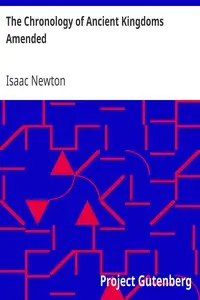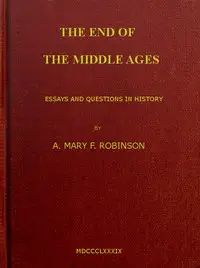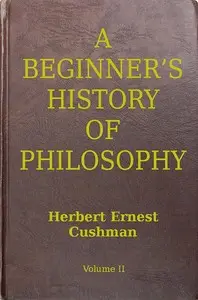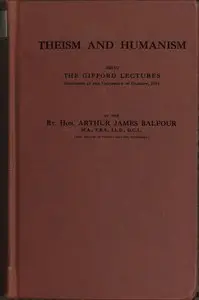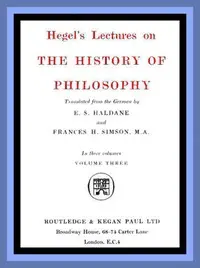"Observations upon the Prophecies of Daniel, and the Apocalypse of St. John" by Sir Isaac Newton is a theological analysis written in the early 18th century. The work delves into the prophetic texts of the Book of Daniel and the Book of Revelation, exploring their historical context and significance within Christianity. Newton seeks to elucidate the visions, symbols, and prophetic language found in these books, aiming to provide a deeper understanding of their implications for the future. At the start of the publication, Newton introduces the importance of the prophetic writings, detailing the historical backdrop of the Old Testament and discussing how the prophetic message pertains to the political and spiritual landscape of his time. He discusses the compilers of biblical texts and the significance of the Law discovered during King Josiah's reign, emphasizing the continuity of God's covenant with His people despite their transgressions. The opening portion sets the stage for an exploration of significant events and prophecies, highlighting the interpretative framework Newton will employ throughout the text. (This is an automatically generated summary.)
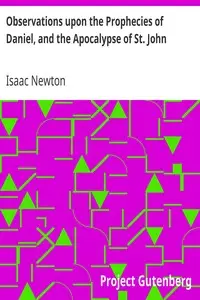
Observations upon the Prophecies of Daniel, and the Apocalypse of St. John
By Isaac Newton
"Observations upon the Prophecies of Daniel, and the Apocalypse of St. John" by Sir Isaac Newton is a theological analysis written in the early 18th c...
Sir Isaac Newton was an English polymath active as a mathematician, physicist, astronomer, alchemist, theologian, and author who was described in his time as a natural philosopher. He was a key figure in the Scientific Revolution and the Enlightenment that followed. His pioneering book Philosophiæ Naturalis Principia Mathematica, first published in 1687, consolidated many previous results and established classical mechanics. Newton also made seminal contributions to optics, and shares credit with German mathematician Gottfried Wilhelm Leibniz for formulating infinitesimal calculus, though he developed calculus years before Leibniz.



